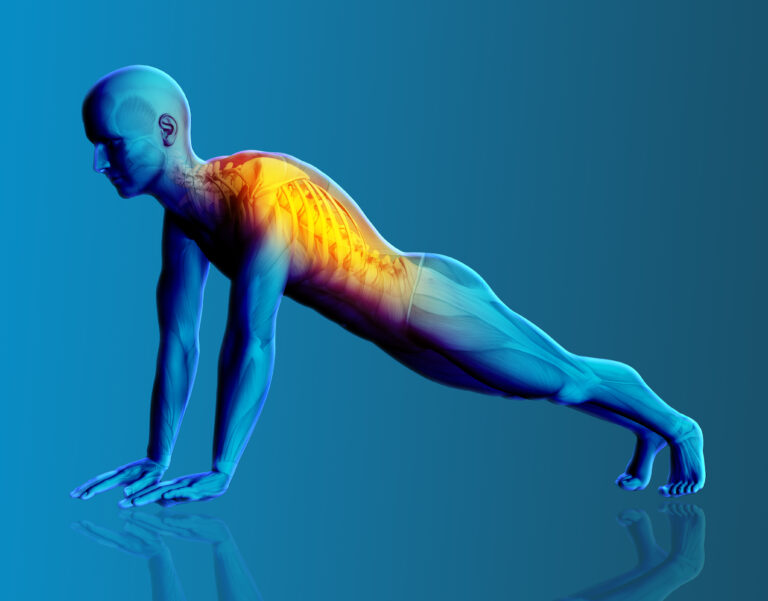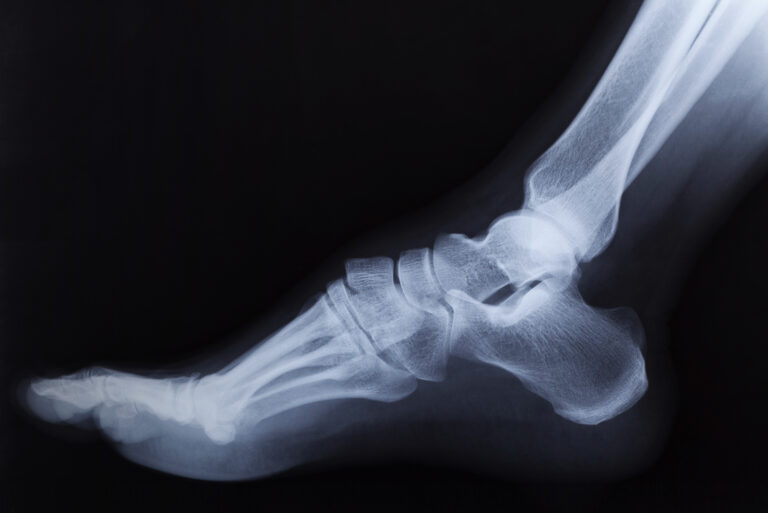Hip replacement surgery is a transformative procedure designed to alleviate pain and enhance mobility for individuals with severe hip joint damage. However, the journey to full recovery extends beyond the operating room. Patients must carefully navigate the postoperative period, including decisions regarding optimal resting positions. The common question is: Is sitting or lying down better after hip replacement surgery? We will explore the nuances of each option to provide patients with informed guidance for their recovery.
- Hip Replacement Surgery Recovery: Hip replacement surgery (total hip arthroplasty) involves replacing the damaged hip joint with a prosthetic implant. While the procedure provides significant pain relief and restores functionality, the recovery process is multifaceted, requiring attention to various aspects, including resting positions.
- Sleep Position: Sleep posture is a critical consideration during the postoperative phase. Orthopedic specialists typically advise patients to avoid sleeping on their operated side for several weeks or months following surgery, depending on individual circumstances. Instead, patients are encouraged to sleep on their back or non-operated side, using support pillows to maintain proper alignment and reduce pressure on the healing hip joint.
- Sitting Position: Both sitting and lying down offer unique advantages and considerations in the context of postoperative recovery. When it comes to sitting, patients must prioritize maintaining correct posture to minimize stress on the hip joint. Using chairs with adequate lumbar support and avoiding prolonged periods of sitting can help reduce pressure on the hip and promote healthy blood circulation. Conversely, lying down provides greater relaxation and optimal weight distribution, potentially reducing postoperative discomfort. Patients are advised to use supportive pillows or cushions to maintain alignment while lying down, preventing excessive strain on the healing hip joint. Elevating the legs slightly with pillows can further help reduce swelling and improve circulation.
- Movement: Balancing between sitting and lying down each day is crucial to prevent stiffness and promote circulation. Regular movement and adherence to prescribed exercises recommended by the healthcare team are essential for preventing blood clots and enhancing flexibility without compromising the healing process of the hip joint.
- Activity Levels: Furthermore, patients must heed their surgeon’s advice regarding activity levels and restrictions during the initial phase of recovery. Gradually increasing activity levels under medical supervision can aid in rebuilding strength and mobility while minimizing the risk of complications. Beyond the immediate postoperative period, patients should prioritize proper resting positions as part of their ongoing recovery regimen. This includes being mindful of posture during daily activities such as sitting at work or relaxing at home. Investing in ergonomic furniture and supportive aids can facilitate comfortable and conducive resting environments, enhancing the overall recovery experience.
The decision between sitting and lying down after hip replacement surgery is multifaceted and depends on individual circumstances. Both positions offer unique benefits and considerations for promoting healing and reducing discomfort. By maintaining proper posture, incorporating supportive aids, and following medical advice, patients can optimize their recovery and regain mobility with confidence. For further insights into postoperative care and recovery strategies following hip replacement surgery, patients are encouraged to consult with their orthopedic surgeon.
Disclaimer: The information provided in this blog post is for general informational purposes only and should not be considered professional advice. Before making any health-related decisions, consult with a qualified healthcare professional. The content is not a substitute for medical advice, and individual results may vary. The author and website are not responsible for any consequences arising from the use of the information provided. Use your best judgment and seek professional advice when needed.


